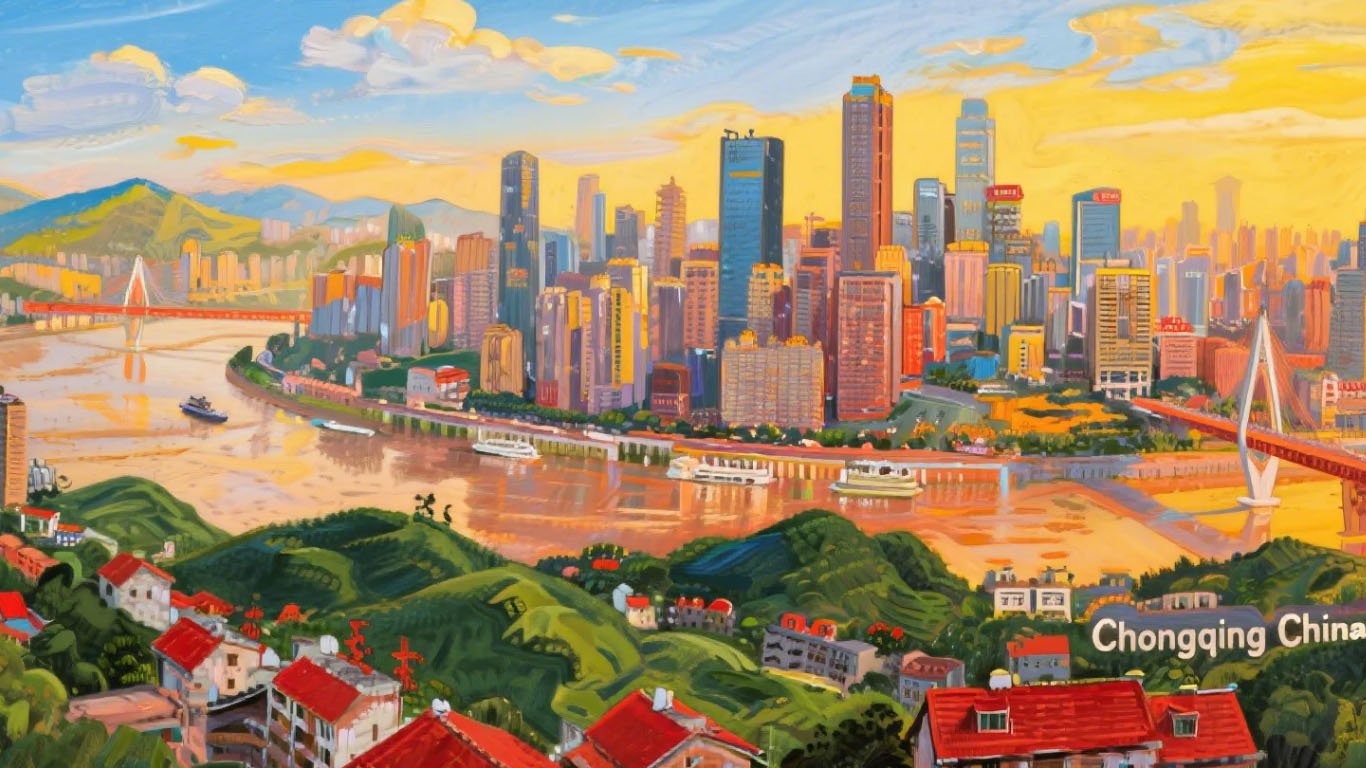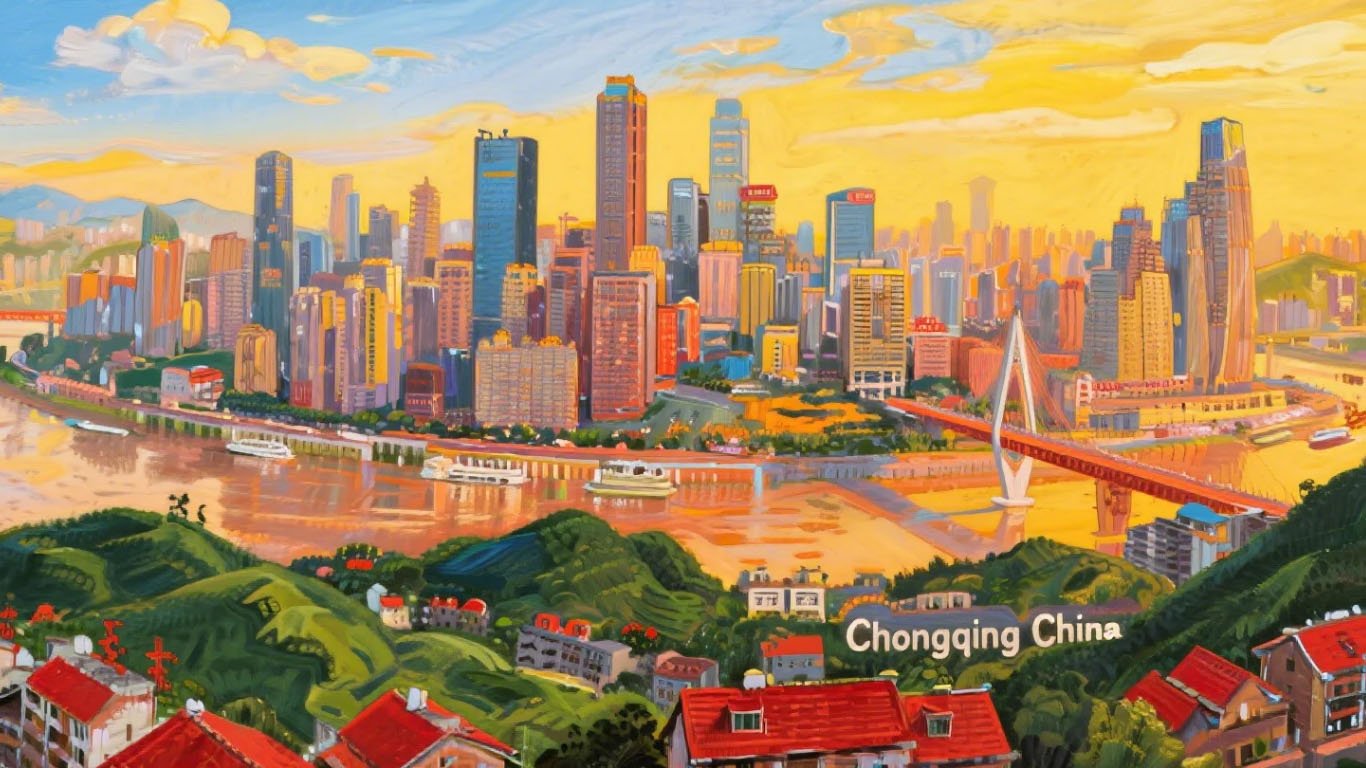Testing Safety in Chongqing Chongqing, a sprawling city of over 34 million, is the world’s largest urban center. To test China’s safety, a backpack
Testing Safety in Chongqing
Chongqing, a sprawling city of over 34 million, is the world’s largest urban center. To test China’s safety, a backpack was left on a bike in a busy area. After a night of exploring, it remained untouched. This experiment highlights the security visitors feel in Chongqing. Thus, it challenges stereotypes about urban dangers in China.



Exploring Chongqing
A Vibrant City Center
Walking through Chongqing’s city center at night feels lively yet safe. The World Financial Center area buzzes with activity. Locals take fashion photos or create short videos, adding to the festive vibe. Meanwhile, clean streets and modern buildings contrast with the city’s past as a “gangster city” a decade ago. Today, Chongqing has transformed into a safe, welcoming metropolis.Safety for All
Safety is a cornerstone of life in Chongqing. Women, including solo travelers, move freely at night. For instance, the narrator, a woman, explores confidently with a camera. Moreover, families and children enjoy public spaces, even on school nights. Unlike some Western cities with petty theft or scams, Chongqing’s low crime rate fosters a relaxed atmosphere. Thus, visitors feel secure.Community and Police Presence
The police in Chongqing work for the people, not against them. Locals view them as protectors, not threats. For example, police cars in the city center blend into the scenery, unnoticed by carefree crowds. Consequently, this trust enhances public safety. Unlike cities like Paris or London, where pickpocketing is common, Chongqing feels refreshingly secure.A Thriving Nighttime Economy
Chongqing’s nightlife thrives without the chaos seen in some global cities. People enjoy street food, like spicy hot pot, rather than excessive drinking. Meanwhile, kids play freely, and families stroll late at night. This vibrant nighttime economy reflects China’s focus on livability. Moreover, legal street drinking exists, but locals prioritize enjoyment over excess.Debunking Misconceptions
Many foreigners fear China due to media portrayals of surveillance or control. However, cameras in Chongqing enhance safety, not oppression. A Harvard poll found over 90% of Chinese trust their government, citing investments in infrastructure like trains and airports. Thus, locals feel supported, not monitored. This contrasts with Western narratives about China’s lack of freedom.Cultural Pride and Progress
Chongqing’s residents love their city and country. Domestic tourism booms, with millions visiting annually. Meanwhile, the city embraces new energy vehicles, with green license plates signaling eco-friendly progress. Unlike 15 years ago, when pollution was a concern, Chongqing’s skies are now clearer. This reflects China’s rapid advancements in technology and urban planning.Global Perceptions and Realities
Western media, backed by significant funding, often paints China negatively. Yet, visitors are shocked by the reality. For instance, YouTubers on 144-hour transit visas discover a safe, modern China. Consequently, their videos gain traction, debunking myths. This snowball effect encourages more travelers to experience China’s true vibrancy, challenging biased narratives.Quality and Innovation
China’s reputation for “cheap” goods has faded. Brands like DJI, Huawei, and Xiaomi produce high-quality products globally. In Chongqing, modern infrastructure and affordable, innovative cars reflect this shift. Moreover, Chinese consumers now prefer local goods for their quality. This progress showcases a nation moving beyond outdated stereotypes.
Chongqing



COMMENTS